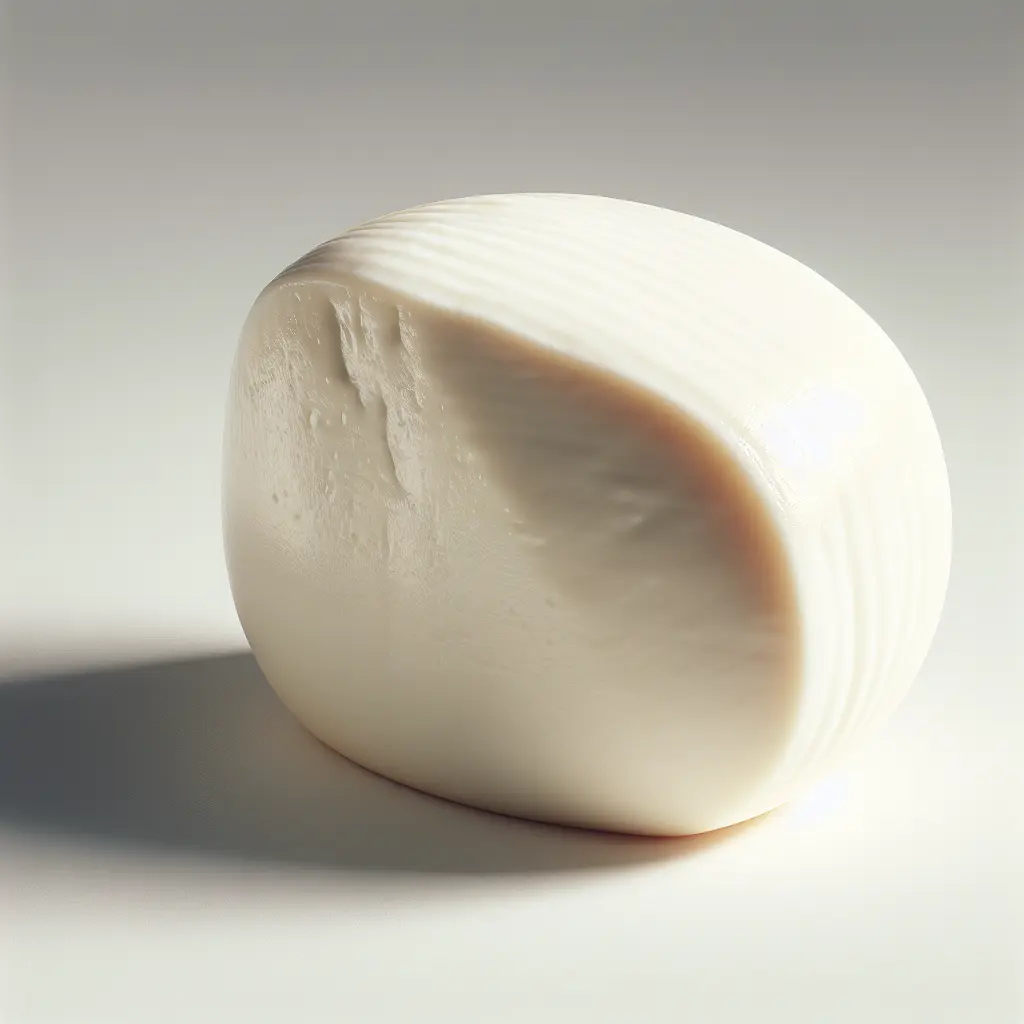Mozzarella: A Culinary and Nutritional Gem
Mozzarella, a beloved Italian cheese renowned for its creamy texture and milky flavor, has captivated cheese enthusiasts worldwide. Originating from the Campania region of Southern Italy, mozzarella has become an integral part of countless culinary creations, from classic pizzas to mouthwatering salads. Beyond its culinary versatility, mozzarella also boasts an impressive nutritional profile, making it a wholesome addition to a balanced diet.
Nutritional Composition and Health Benefits of Mozzarella
Mozzarella is a low-calorie cheese, with a single ounce serving containing approximately 85 calories. Despite its low-calorie content, mozzarella is a rich source of protein, providing 6.3 grams per serving. Protein is essential for building and repairing tissues, promoting satiety, and maintaining muscle mass.
Additionally, mozzarella contains a significant amount of fat, primarily in the form of saturated and monounsaturated fats. While saturated fat has been linked to cardiovascular health concerns, the monounsaturated fats found in mozzarella may actually benefit heart health by lowering LDL (bad) cholesterol and raising HDL (good) cholesterol levels.
Mozzarella also contains a variety of essential nutrients, including calcium, phosphorus, and zinc. Calcium is vital for strong bones and teeth, while phosphorus plays a crucial role in energy production and cellular function. Zinc, on the other hand, supports immune function and wound healing.
Culinary Versatility and Pairing Suggestions
Mozzarella's versatility shines in various culinary applications. Its mild flavor and melting properties make it an ideal cheese for pizzas, grilled cheese sandwiches, and casseroles. Its delicate texture also complements salads, pasta dishes, and antipasto platters.
When pairing mozzarella with other ingredients, consider its subtle flavor profile. Fresh tomatoes, basil, and olive oil are classic accompaniments that enhance mozzarella's natural flavors. Roasted vegetables, such as bell peppers or zucchini, add a touch of sweetness and complexity. For a more robust flavor combination, pair mozzarella with cured meats like prosciutto or salami.
Incorporating Mozzarella into a Healthy Diet
Mozzarella can be incorporated into a healthy diet in moderation. Its low-calorie content makes it a suitable choice for those watching their weight. However, the fat content should be taken into consideration, particularly for individuals with high cholesterol levels.
When consuming mozzarella, opt for low-moisture varieties, which contain less fat than their high-moisture counterparts. Additionally, balance your intake by pairing mozzarella with fruits, vegetables, and whole grains to create a nutritious and satisfying meal.
How many calories are in Mozzarella?
Each 1 oz of Mozzarella contains 85 calories.
Mozzarella Nutritional Information
| Nutrient | Amount per 1 oz (28g) |
|---|---|
| Calories | 85 Calories |
| Protein | 6.3g |
| Fat | 6.3g |
| Saturated Fat | 3.7g |
| Cholesterol | 0.022mg |
| Carbohydrates | 0.6g |
| Dietary Fiber | 0g |
| Sugar | 0.3g |
| Sodium | 0.178mg |
| Potassium | 0.0215mg |
| Calcium | 0.143mg |
| Iron | 0.0001mg |
